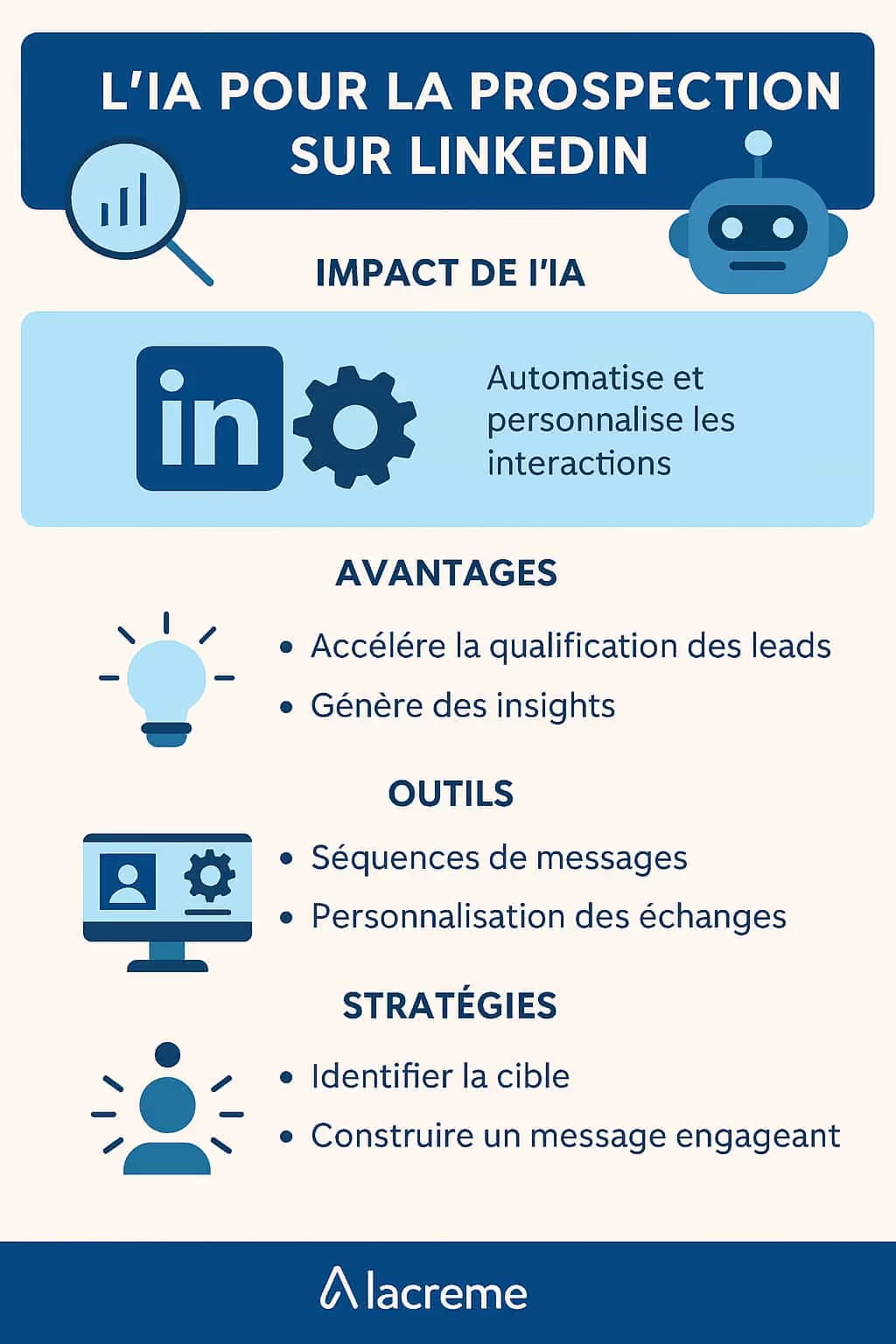Streaming platforms are shaping how digital content is consumed in the digital age. However, with the rapid rise ofartificial intelligence (IA), a question arises: theAI Threat streaming traditional as we know it? These services are changing, offering a constantly improved and personalized user experience. In this article, we will discuss the multiple facets of the impact of AI on streaming platforms, from recommending content to creating original productions, without omitting the challenges and future prospects associated with this disruptive technology.
The foundations of integrating AI into streaming platforms
Technological evolution at the service of the user experience
The integration of AI into streaming platforms is the result of a technological evolution focused on the constant improvement of the user experience. Sophisticated algorithms ofmachine learning analyze viewing behaviors to understand preferences and habits, allowing the content presented to each user to be personalized. In addition, AI plays a crucial role in optimizing streaming quality, offering resolutions adjusted in real time according to the available bandwidth.
Content personalization: the preponderant role of AI
Personalization has become a major differentiator for streaming services. Through the use of AI and the processing of large quantities of data (big data), platforms are able to offer highly personalized recommendations. Through the analysis of data such as viewing hours, preferred genres, interactions with the service, and many other indicators, each recommendation becomes unique, increasing viewer engagement and satisfaction.
The impact of artificial intelligence on platforms' business models
Optimizing advertising strategy using AI
AI is also revolutionizing the advertising strategy of streaming platforms. By using a variety of tools, such as 7 AIs for advertising campaigns that convert And the 20 AIs to automate your social networks, the accuracy of targeted advertising increases when user behavioral and demographic data is analyzed through deep learning. Thus, advertisers can better target their audiences and maximize the return on investment, while users benefit from more relevant advertising spots, reducing the perception of advertising disruption and saturation.
Content monetization and AI: towards a new paradigm
By identifying the content that is most likely to succeed, AI allows platforms to stream their content investments more strategically. Predictive analytics can suggest the type of programs that could fill a gap in the catalog or that would meet growing demand. In this way, decisions to finance, purchase, or produce content are more informed, allowing for optimal monetization of content libraries.
Innovations in terms of content recommendation through AI
From the recommendation algorithm to predictive systems
Recommendation algorithms are now common in the streaming industry, but AI is taking a step beyond that. Predictive systems multiply the variables taken into account, from the emotional context to the sequences of previous viewings, to recommend not only content that is likely to be liked, but also content at a given time. This expectation of the user's desires paves the way for a truly intuitive and dynamic experience.
The challenges of loyalty and user engagement
User engagement and retention are essential for the success of streaming platforms. With AI, services can detect early signs of a drop in interest and act proactively, offering engaging content or interacting through personalized notifications. The aim is to build a lasting relationship with the user by captivating them on an ongoing basis with tailor-made content.
AI and the future of content creation for streaming platforms
Artificial intelligence and creativity: a promising couple
The combination of AI and creativity opens up new horizons in content creation. Tools like 10 best AI video generators, the AI music generators And the best storytelling AIs allow us to push the limits of audiovisual production. By analyzing past successes and audience preferences, AI can help conceptualize scenarios, compose appropriate music, or even edit scenes to maximize emotional impact. This synergy between human and machine could well become a standard in the production of original content.
Original productions and AI: a revolution in progress
At a time when streaming platforms are investing more and more in the production of original content, AI is emerging as a decisive tool. From the selection of projects to artistic choices, the data collected and analyzed by AI influence the very genesis of works. However, the challenge will be to preserve human creativity and the uniqueness of the content without being reduced to formulas predicted by algorithms.
Challenges and future prospects for AI in streaming
Respect for privacy and ethics of the data in question
The massive collection of personal data raises legitimate concerns about privacy. Indeed, the question of mass surveillance and artificial intelligence: ethical issues is at the heart of the debates. Platforms must therefore navigate between the capabilities offered by AI and regulatory requirements, such as the GDPR in Europe, to ensure the protection of their users' data. Moreover, ethical questions around algorithmic biases and the transparency of AI systems remain paramount.
The next steps of AI in the streaming industry
The next advances in AI in streaming could include even greater personalization, adapting not only the content, but also the user interface itself to the tastes and needs of each viewer. In addition, the integration of AI into live streaming could revolutionize sporting events and other broadcasts in real time, offering immersive and interactive experiences. As AI capabilities continue to expand, the future of streaming seems to promise an increasingly rich and diverse content landscape, shaped by the convergence of technology and human creativity. Likewise, AI interferes in our daily lives, through various applications, such asAI home, changing our relationship with technology.






